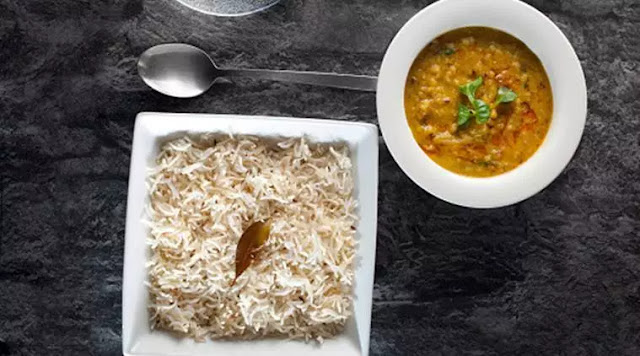Is your baby ready for solid food?
Once the baby has completed six months, it is time to introduce weaning foods along with breast milk or formula-based milk. Weaning foods mean the baby’s first food, which must be home-cooked, soft, pureed or mashed and easy to digest.
Completing six months is one of the biggest milestones for a baby as well the new mother because it’s time to start semi-solid/solid foods for the infant after a period of exclusive breastfeeding (in some cases, formula feeding).
As the baby has completed six months, it is now time to introduce weaning foods along with breast milk or formula-based milk. Your baby will start showing the signs that he is ready for solid foods. Weaning foods mean the baby’s first food, which must be home-cooked, soft, pureed or mashed and easy to digest.
How to tell when your baby is ready for solid foods
When the baby is able to sit on a chair with back support, you must know that it is time to introduce a proper meal plan. The baby’s head and neck are stable by now. They can open and close the mouth around a spoon and are ready to chew. As the baby gets curious, they try to grab and put food in their mouth.
Precautions while introducing first solid food to a baby
You can start with pureed fruit because it is easy to digest. Moreover, always make fresh and semi-solid foods for the baby. Because this is new to the baby’s body, completely solid foods might be difficult do digest for them.
Foods to introduce to your baby at six months
- Breast milk or formula milk
- Mashed banana
- Stewed apple
- Well-steamed and pureed vegetables like carrots, sweet potato, pumpkin, french beans
- Pulse soup (moong dal ka pani)
- Rice water (chawal ka pani)
- Homemade cereals like rice, barley, oats mixed with breast milk or formula milk
Food Allergies
If your baby has food allergy after having any particular food then stop feeding that item immediately. Common symptoms of food allergies are:
- Running nose
- Rashes
- Stomach pain
- Baby discomfort
- Cranky baby
- Diarrhoea
- Vomiting
While every baby is prone to such allergies at the initial stage, it is usually recommended to be careful. In case the baby shows any of the above or other relevant signs, consult a paediatrician and follow instructions. Take care of the baby and see them grow by leaps and bounds.
Source - Indian Express




Comments
Post a Comment